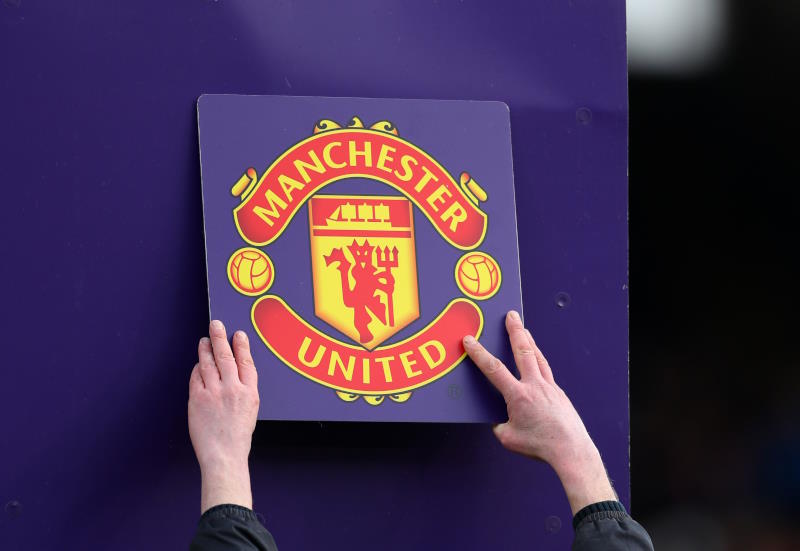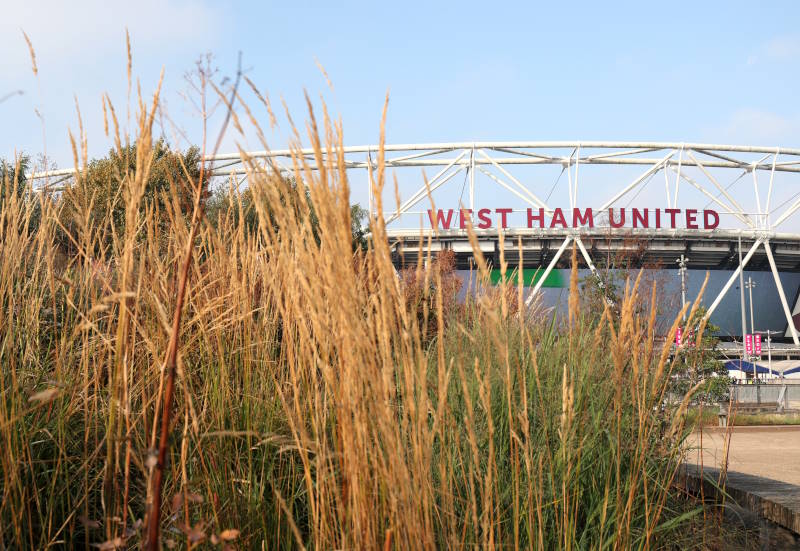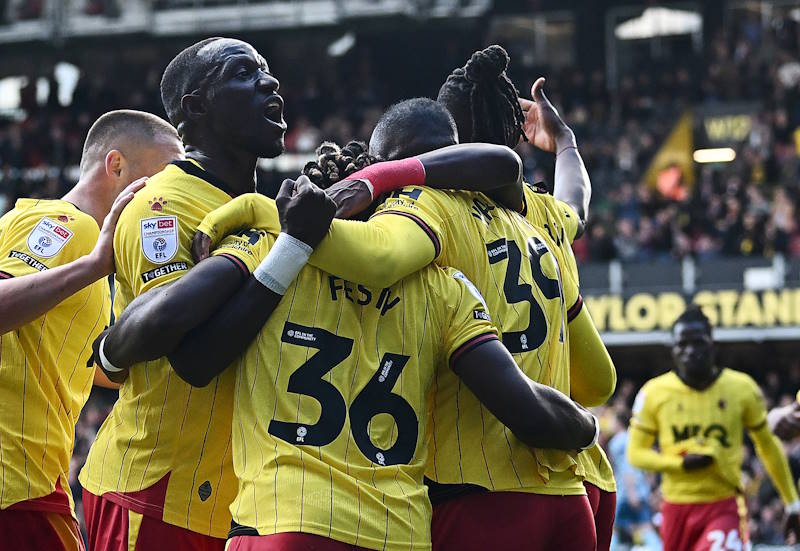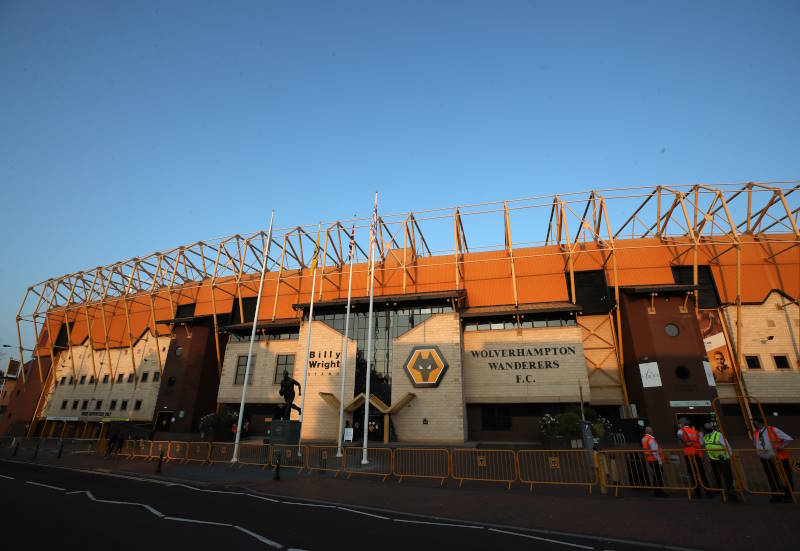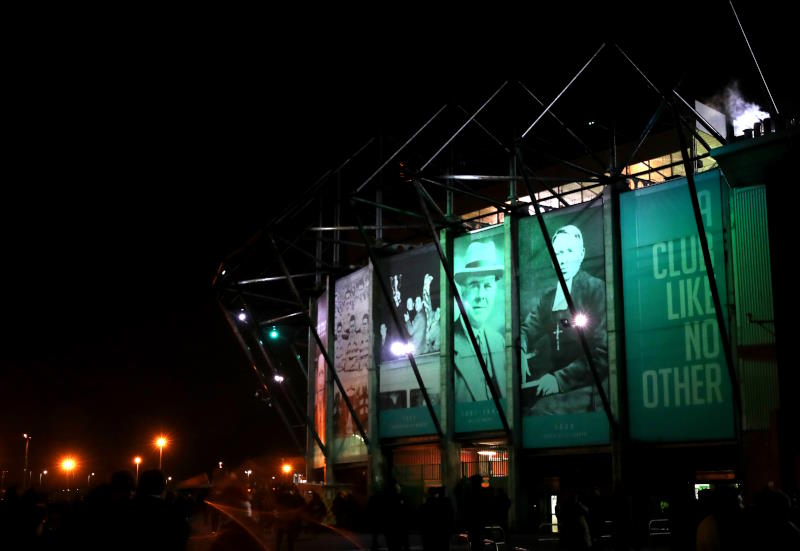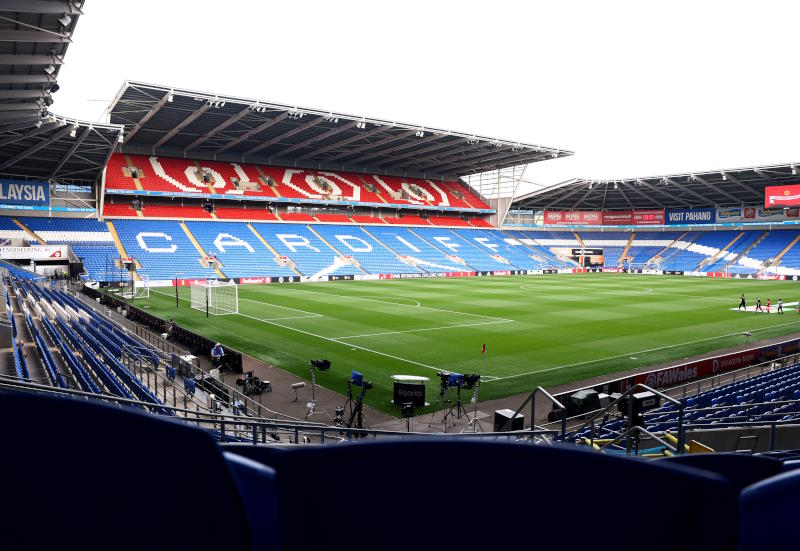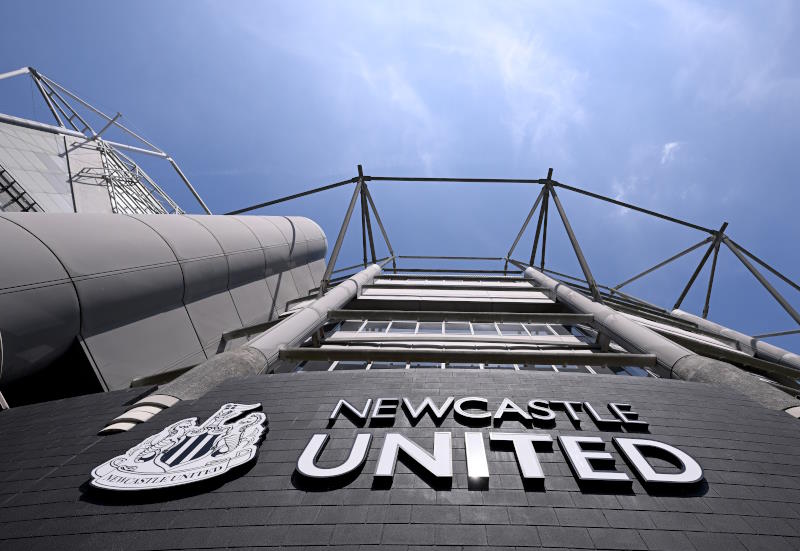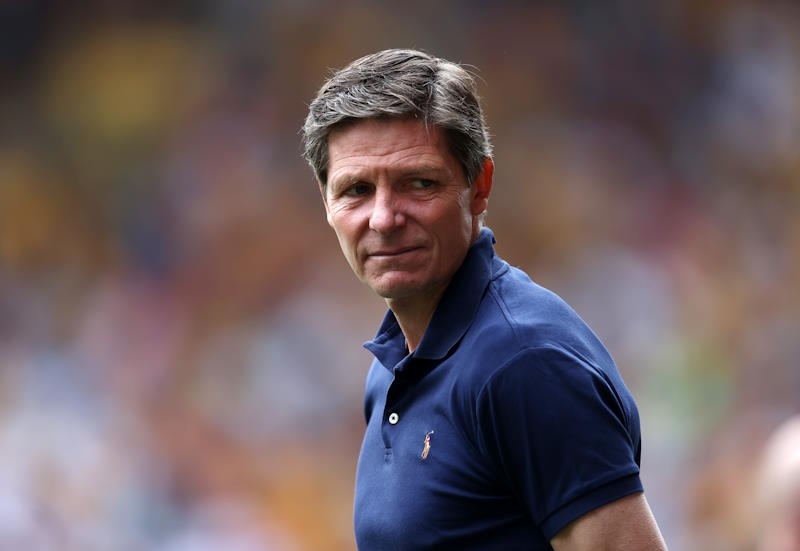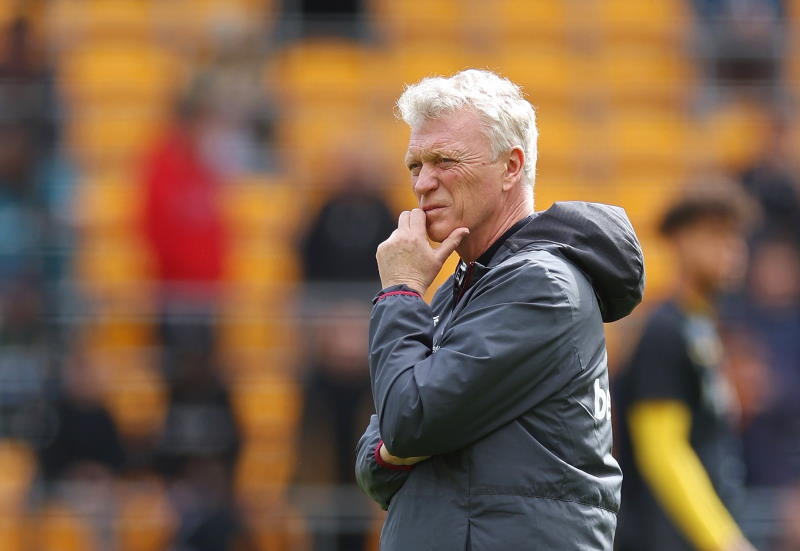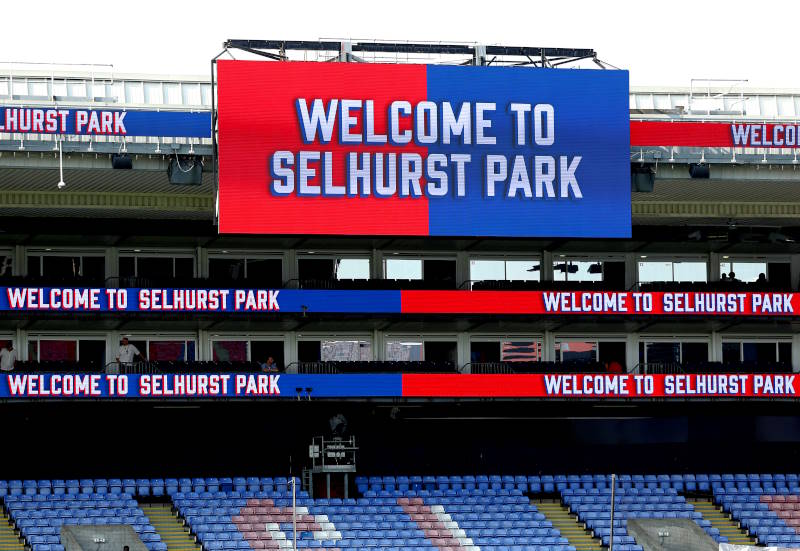
Finally it is clear who will be playing who in the Olympic football draw. At Wembley the anticipated draw was made, but there was a distinct impression that it had gone relatively unnoticed among large sections of world football.
It is somewhat understandable that Olympic football should be slightly off the radar, particularly as it always takes place weeks after Europe’s continental showpiece, Euro 2012. Yet the Olympics do have a special place in football.
Without the Olympic Games the sport may not have even had the World Cup; or certainly had to wait longer for it. Football was the first team sport at the Games, albeit as an exhibition event, but the idea of bringing the world’s best football teams together every four years inspired Jules Rimet, the former FIFA President and father of the World Cup, to conceive the competition, and in 1930, it began.
The group stage of the men’s draw threw up few really mouth-watering ties, with Uruguay being put into Great Britain’s group possibly the highlight. Brazil should not lose too much sleep over being placed with Egypt, Belarus and New Zealand.
Spain too will have few fears about Morocco, Honduras and Japan. Cristian Tello, Iker Muniain and Thiago Alcantara form the nucleus of a strong new Spanish generation, while established stars Juan Mata, Adrian, Javi Martinez and Sergio Busquets have all been lined up to play in the Olympics this summer; and so La Roja will pose a serious threat as they bid to win yet another trophy.
Great Britain’s draw, with a tricky looking Senegal team, Uruguay and the United Arab Emirates, is perhaps the most intriguing. Senegal endured a miserable African Cup of Nations at senior level, but that will only make the Lions of Teranga more determined to make their mark this summer. African teams have a good recent history at the Games too.
Uruguay, meanwhile, have a generation of talented young players coming through and will pose problems. Diego Polenta, Gaston Ramirez and Sebastian Coates are the shining lights in a new Uruguay generation which could be complemented by the likes of Luis Suarez, Edinson Cavani and Maxi Pereira – though teams are restricted to just three players over the age of 23. And with Great Britain having not played together since the 1971 Munich Olympics qualifier against Bulgaria, it is difficult to see them gelling quickly – even if the hosts do have players as talented as Gareth Bale, Aaron Ramsey and Joe Cole at their disposal.
The final group features African Olympic qualifying champions Gabon, who could be dangerous opponents, Switzerland, boasting Xherdan Shaqiri, and South Korea. But the team seeded in Group B could be the side to watch this summer – Mexico. Luis Fernando Tena’s men performed well in North American qualifying, and have a highly talented generation of players. Last year, after Mexico won the Gold Cup, they sent an Under-23 team to the Copa America to give them vital experience for the Olympics, showing how seriously they are taking the competition. The Mexicans also let Tena coach the team in place of Jose Manuel de la Torre, the senior side’s coach.
Carlos Vela, Jonathan and Giovani dos Santos are all under 23, and so their participation this summer is not restricted. Former Barcelona defender Rafael Marquez could be a useful experienced head, as would Andres Guardado of Deportivo La Coruna, the talented left winger, whilst Javier Hernandez’ quality is known to all. But with talents such as Erick Torres coming through, Tena has an interesting blend of players in his squad. An intriguing quarter-final, possibly with Uruguay or Great Britain, could await Mexico, who may be the surprise package of the tournament.
The team that will go into the 2012 Olympic Games as favourites, and with the most pressure, are Brazil. For such a proud footballing nation, it is a curious anomaly that they have never won an Olympic gold medal. Coach Mano Menezes in particular will have the pressure of a nation on his back after their poor Copa America showing last summer, where the side lost on penalties to Paraguay in the quarter-finals.
Speaking after the draw at Wembley, their legendary forward Ronaldo, the winner of a bronze medal at Atlanta 1996 as well as two World Cup winners medals, explained the pressure on Menezes and the team.
“Football is such a big passion worldwide that the World Cup is always going to be the most wanted trophy, but the Olympics is such a good chance for the under 23 players, to promote these talents on the world scene and really a great opportunity. There is a lot of pressure [on Brazil], it is the only title the Brazil team have not won so I think they are really motivated to win this and bring the title home.”
Questioned by Inside Futbol, Ronaldo said that this generation have the talent to help Brazil to glory not just this summer, but in 2014 when the World Cup comes home. “Romario and my generation won pretty much everything a Brazil team can win”, he said. “A new generation is beginning with [Leandro] Damiao, Ganso, who have not won anything yet but I think in two years’ time we will have a team ready to play a key role at the World Cup.”
For Menezes, the World Cup could be his biggest threat. Being at home for the first time since 1950, when Brazil suffered the Maracanazo (the Maracana tragedy), when they lost 2-1 to Uruguay in the final, the country is expected to win. Menezes must therefore impress this summer at the Olympics, or a clamour could grow for his removal. This is a proud country, and one which, unlike in Europe, takes the Olympic Games very seriously. This is not just a second rate international tournament for Brazil – it is on a par with the Copa America and almost as important as the World Cup.
Though a number of players who helped win the FIFA Under-20 World Cup last year in Colombia, such as Henrique, Danilo and Oscar could go to London, and others such as Romulo, Leandro Damiao and Santos pair Neymar and Paulo Henrique Ganso are set to be picked, Menezes will look to experienced heads too. He is likely to opt for two centre backs over 23 years old, possibly Thiago Silva of AC Milan and David Luiz of Chelsea, or perhaps Luisao of Benfica. And veteran star Ronaldinho is still in the running, though Kaka and Robinho are not. Alexandre Pato is another who could be selected.
Brazil need all the talent they can get for the medal the entire country wills the side to win, two years before a World Cup the Selecao have to win for a sixth time. For all of the experience though, it is Neymar, one of the hottest prospects in the game, who Brazil will hope can announce his arrival on the world stage this summer, as Lionel Messi did four years’ ago when helping Argentina win in Beijing. As Ronaldo puts it, “we really must break this taboo”, and Menezes knows that better than anyone.

